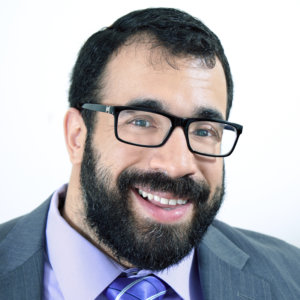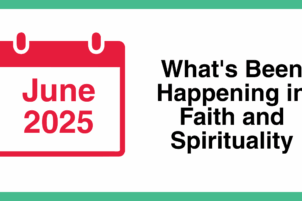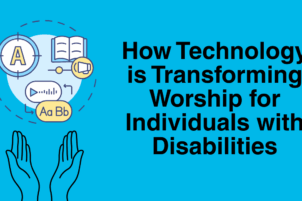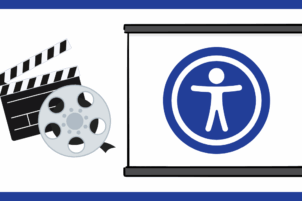As I count the Omer, it is impossible not to think of the seven-week journey. For those of us that have studied Jewish tradition, it is a truism that the Israelites did not leave Egypt primarily to escape slavery but rather to be free to serve God. They took a risk for a reward.
The Israelites were certainly aware of the risk. In what we would now call a good kvetch, they regularly looked at the hardship of the journey and reminisced about the illusory safety and comfort of their enslaved status. Except they weren’t really harkening back to comfort, as forced labor, inhumane conditions, and even the potential risk of death by an overseer, as we read earlier in Exodus, could not have been fond memories. Instead, I think they were lamenting their newfound lack of certainty and the unknown reward in exchange for known risks.
And yet, by definition, those on the journey were the risk-takers. So they left, while others stayed behind and said, “how could you take such a risk?” Though if they were not Israelites, their situation was probably better. But for all the Israelites kvetched, they took the risky choice with the greater reward, and our entire existence followed.
So it is often in the disability space. I have had a life full of exciting opportunities, but not without a few near-death experiences when the needs of my disability were not met. Much as I have survived, more than one of my friends has died due to the risks of travelling with a disability. This risk remains real, and is one I still continue to choose to take. Presumably, I avoid those life-threatening experiences by taking fewer risks. I could live a safe and boring life, never going anywhere or doing anything. However, each time I make the judgment that the risk was worth the reward.
Supporting me while respecting the dignity of my risk isn’t easy. Nevertheless, one must understand that the risk is mine to take. I should be allowed the dignity to take risks, much as the Israelites were given the chance to flee slavery. A true ally will help me mitigate risks rather than attempt to talk me out of accepting opportunities. A true ally will let me kvetch, without judgment, because just because it’s the right risk does not mean that it’s easy. A true ally will not expect me to make it look easy for their comfort or satisfaction. A true ally will never value keeping me alive at all costs, including at the expense of truly living.
The Israelites took a risk, and the result was a rich history of thousands of years of peoplehood that we are still living out. Likewise, I have taken risks, and at 40-years-old, I have lived a richer and more vibrant life than many without disabilities. The day may come when our society is so accessible, supportive, and inclusive that one can achieve a meaningful life with a disability without risk. Until then, we remain on our journey, counting our Omer, and all we can ask of everyone else is to give us your support and respect our dignity of choice.








